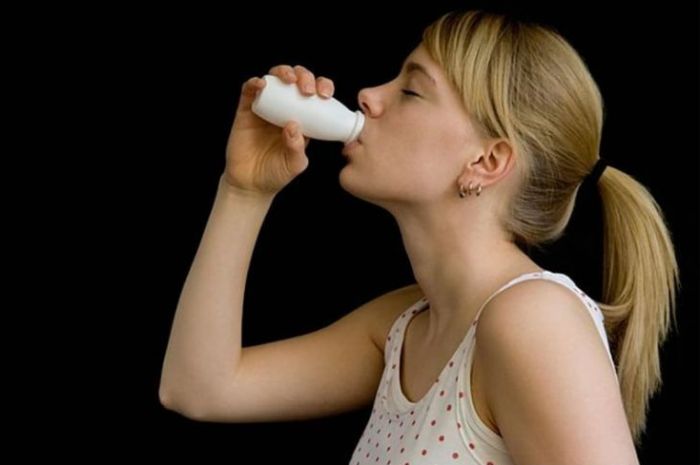The use of probiotic supplements and dietary consumption has witnessed a striking increase over the years. This has led to the examination of their actual potential in bringing about health improvements.
Basically, probiotics are living micro-organisms that are consumed by billions across the globe to improve their microbiome health, or to improve their digestive ecosystem, which tends to weaken after consuming too many antibiotics. Recently, researchers have been raising various objections about their potential and this has provoked us to take a detailed look at the health benefits that probiotics have to offer.
Eran Elinav, an immunologist from the Weizmann Institute of Science in Israel, along with fellow researchers, led a scientific inquiry into understanding the mechanisms that come into play when probiotics are ingested. The researchers collected microbiome from healthy individuals with the use of colonoscopies and endoscopies. A significant amount of research centered on microbiome tends to depend on faecal samples as an alternative to microbes extracted directly from the gut.

The researchers gave 15 of the participants either a placebo or a popular probiotic supplement. The results they managed to garner were truly groundbreaking.
First of all, the microbes present in the faeces sample can simply not pose as an alternative or representative of the microbiome that are colonized within the gut. Therefore, the researchers deduced that all results and indications predicted about the gut on the basis of studies conducted in faecal samples are simply fallacious and false.
The researchers also highlighted that in certain people, the probiotics cause colonization in the gastrointestinal tract, while in certain other participants the gut microbiome simply got rid of them. And the researchers couldn’t distinguish between the categories of each participant on the basis of their faecal samples.
They concluded that certain participants allowed probiotics within their gut, while some others just excreted them in their stool without experiencing any gut improvements. They also revealed that the patterns of probiotic colonization were significantly reliant on the individual consuming them. This reveals that the belief that every individual can enjoy health benefits from the same probiotic supplement that may be trending in the nutrition circuits is scientifically inaccurate.
Alarming Complications
Moving forward, the researchers attempted to find explanations for the mechanisms that occur within the microbiome of participants who consume probiotics as means of improving their microbiome after a dose of antibiotics.
A group of twenty-one participants were give the same course of antibiotics, and then they were divided into three groups. The microbiome extracted from the first group was assigned to heal on its own, while the microbiome from the second group was treated with probiotics. The third group was given a dose of their own healthy, pre-antibiotic microbiome by performing a faecal microbiota transplant (FMT).

In the second group, the probiotic bacteria easily colonized the gut of all the participants once the antibiotics were eliminated from the system. However, the researchers were astonished to discover that this colonization became a disturbance, which prevented the individual’s original and healthy microbiome from re-emerging for around six months. They concluded that probiotics were strongly and stubbornly hindered the original microbiome from reemerging in its original habitat. This turned out to be an alarming and astonishing discovery as this harmful effect of probiotics has not yet been discovered by medical science.
Amongst the third group of participants who were fed their own original pre-antibiotic microbiome through FMT, an opposite effect was discovered. Within a few days, their original gut microbiome managed to restore its healthy appearance.
Even the researchers neglected to examine the clinical effects of the persisting microbiome complications, various researches conducted in the past have established an association between gut microbiome disturbances and allergies, inflammation and obesity. These disruptions can be extremely damaging for the gut health.
In conclusion, it is essential to remind oneself that no matter how popular and well-advertised a probiotic supplement may be, given its harmful history of gut disturbances, it is important to conduct your research thoroughly. Every individual is made different from the other, and the right formula is always the one that is compatible with your body make-up, gut mechanisms and nutrient requirements.





![Diabetes Meal Planning [Infographic]](https://www.healthinsider.org/wp-content/uploads/2020/01/diabetes-meal-planning-150x150.jpg)
Comments
Loading…